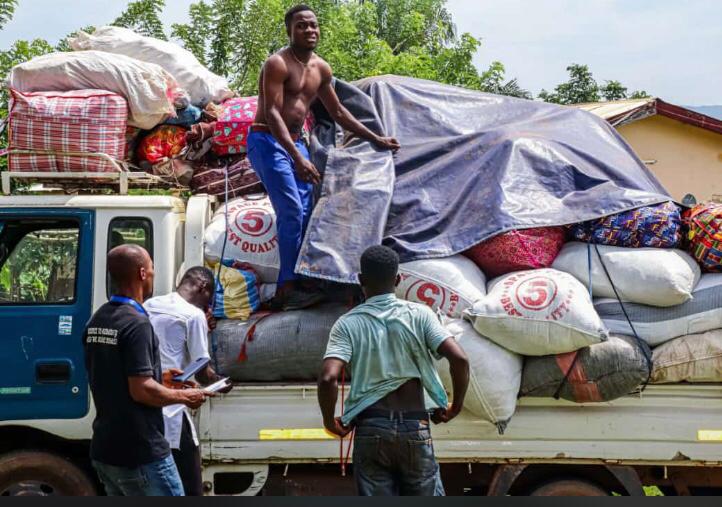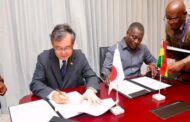The Ghana Institute of Planning (GIP) has expressed its commitment to collaborate with the Inter-Ministerial Committee on the Akosombo Dam Spillage flood devastation for
either reconstruction or resettlement of victims.
According to the GIP it is prepared to contribute its expertise to ensure a sustainable outcome.
While the decision on whether the victims of the dam spillage will be resettled is pending, the GIP, as a professional body of engineering planners, is eager to work with the committee for a comprehensive and sustainable reconstruction or resettlement of the affected communities.
Mohammed Damba, the immediate past President of the GIP, emphasized the need for collaborative re-engineering planning from upstream to downstream to mitigate future occurrences.
He cited the institute’s effective capacity in planning sustainable settlements, referencing the reconstruction of Apiatse after an explosion disasterdisaster which is near completion.
Hee said this in an interview with the media at the sidelines of the 52nd Annual General Conference under the theme “Collaborative Infrastructure Planning for Sustainable Human Settlement Development”.
On his part,the Minister of Local Government, Decentralization, and Rural Development Dan Botwe highlighted in a speech read on his behalf by his Deputy Marty Added Mensah Korsah that there is ongoing reviews of the National Urban Policy and Land Use and Spatial Planning Act to enhance smart and economically sustained planning in the country.
The Minister emphasized that climate change, evident in the recent Akosombo Dam Spillage disaster, calls for resettlement of affected people, akin to what was done during the dam’s construction.
In a notable moment, Pln. Percy Anaab Bukari (FGIP) was elected as the new President, and 202 new members and fellows were inducted into the Institute, marking a significant step in advancing collaborative infrastructure planning for sustainable human settlement development.
Source: Mybrytfmonline.com/Obed Ansah




















































